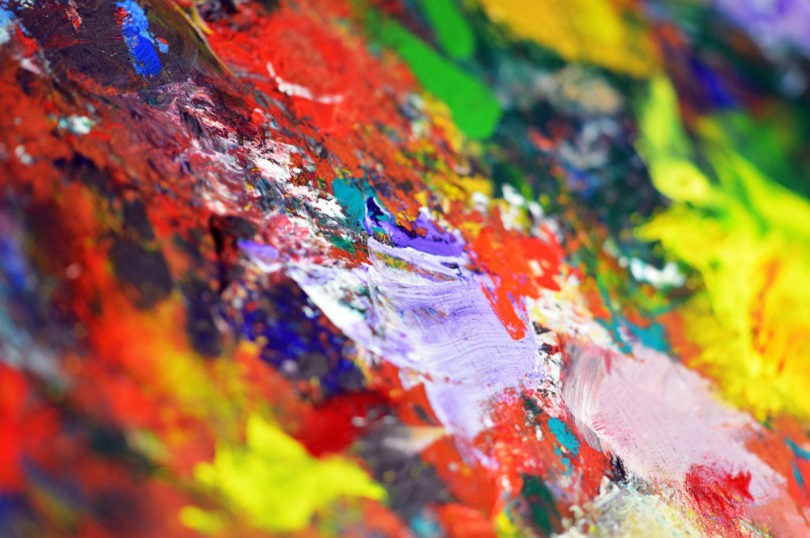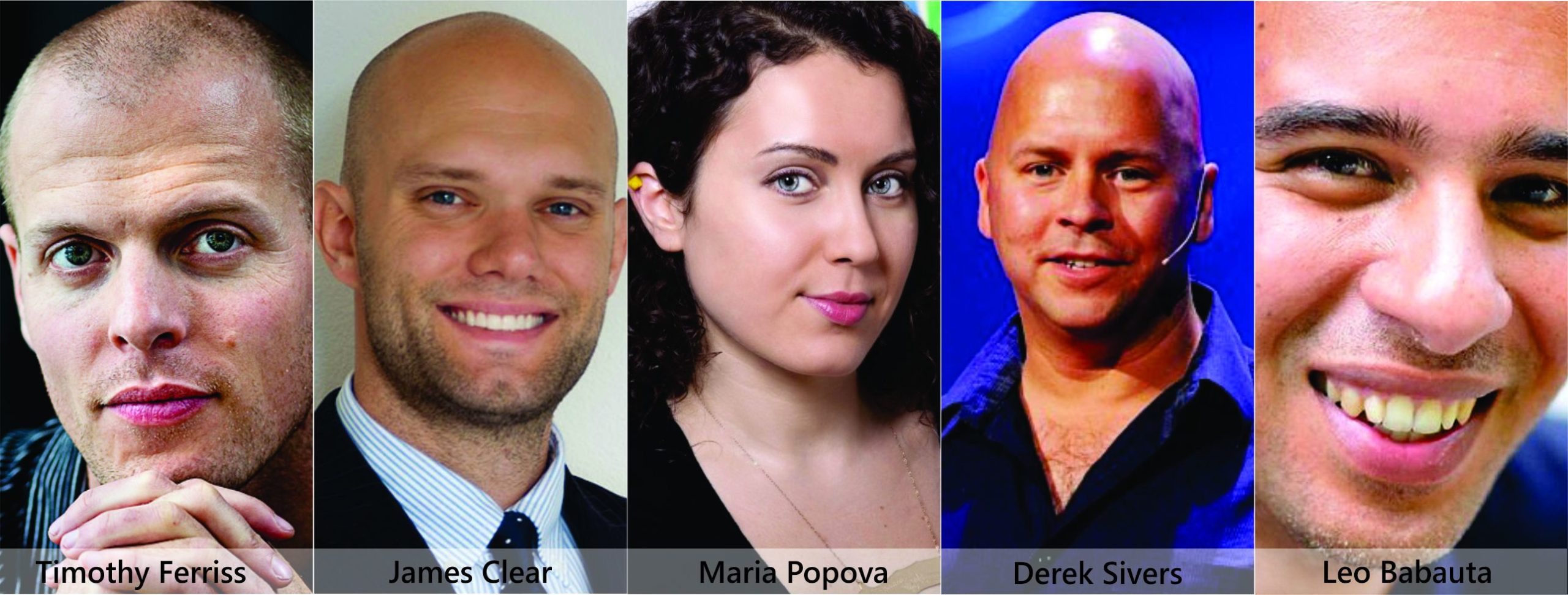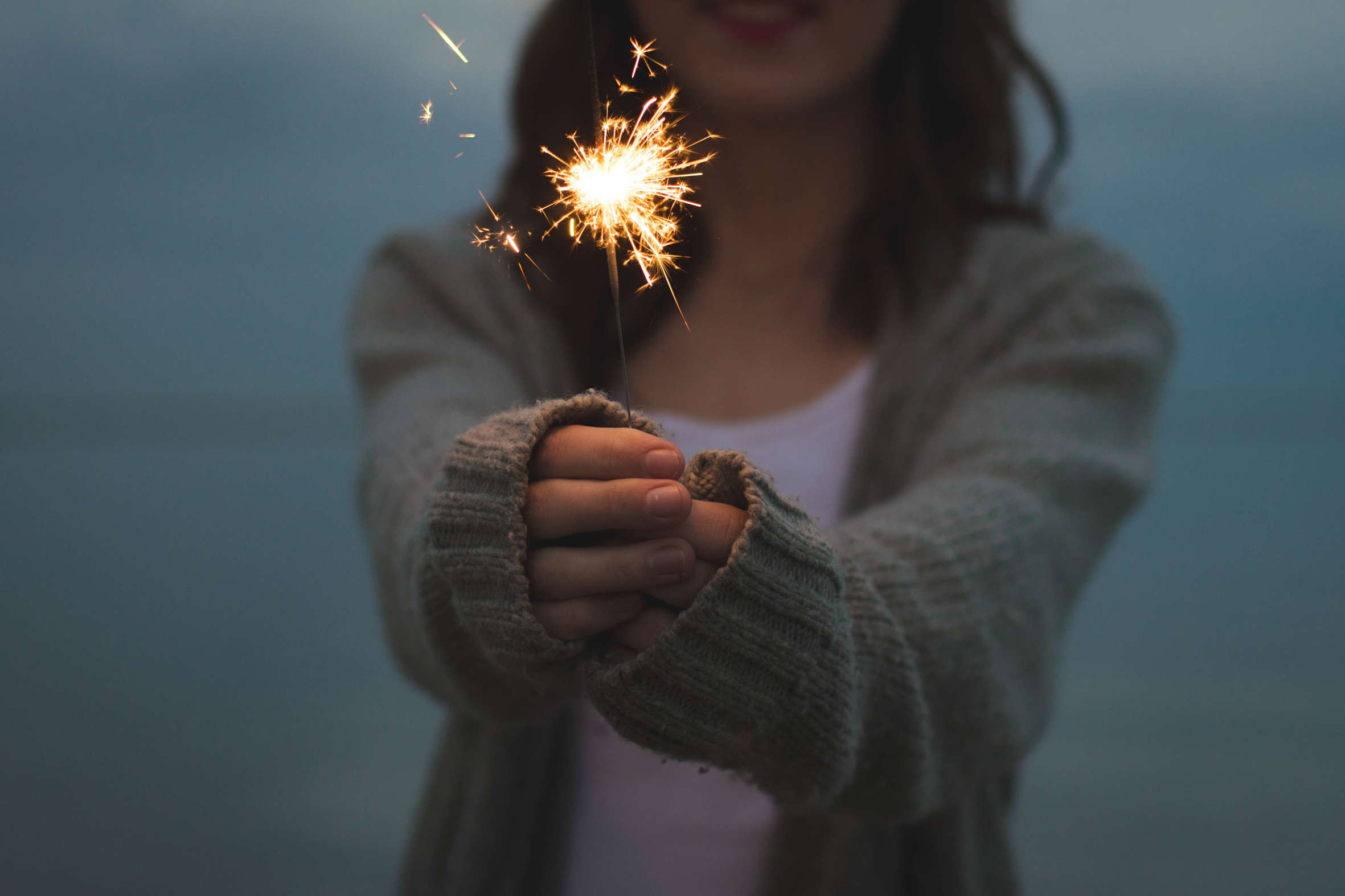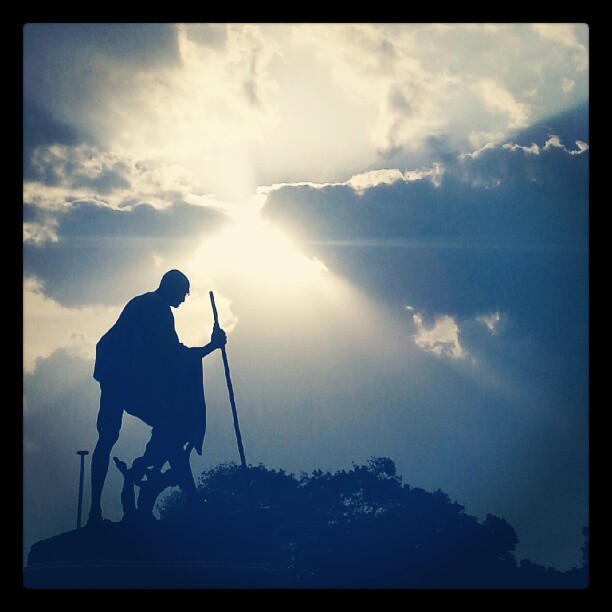
“The Lord says: Ask and it will be given to you; seek and you will find; knock and the door will be opened to you,” he screamed at us, quoting Mathew 7:7.
“Today, I’ll teach you how to use Affirmations to manifest your every wish,” Bob Proctor continued.
It was November 2011, and I was at the Bob Proctor Matrixx event. It was at the height of my New Age Spirituality dalliance. I had also watched The Secret and as such Affirmations and the Law of Attraction had become my new plan to fast track achieving my dreams.
In the event, we were first told that we needed to dream big, no matter how unrealistic our dreams were. Then every morning, we should write out our dreams in bold letters, set a specific date for receiving it and finally spend twenty minutes visualising ourselves as if we achieved our wish.
For example, imagine a cheque for $450,000 written out in your name with a fixed date three months down the line. Write that out every morning and visualise receiving the cheque in the mail. Voilà .The cheque will arrive.
I tried it for the next few months.
I wrote down that I wanted my company’s sales numbers to increase by 50% in the next three months. I would do this diligently every day, then spend time afterwards visualising that end of month sales did increase by 50%.
Nothing happened.
Not even a 5% increase.
That quickly sobered me up from my fascination with the many bizarre New Age teachings. I quickly went back to my scientific pragmatic default mode.
However, there was something about Affirmations that still appealed to me. As I learned more about them, I found that there was a way to accommodate Affirmations into my life without it being a magic wand that many gurus were making it out to be.
For me, Affirmations (and the Law of Attraction) work in a more pragmatic way. Like attracts like. If I’m passionate about something, then my energy will allow me to take action and soon everyone and everything would see my passion, then maybe, just maybe the universe will listen to me.
If I wanted my company sales numbers to go up by 50%, then I needed to be so passionate about it that everyone in the company would be infected with my passion. The sales team would increase their efforts—more cold calls, better marketing and effective closing of deals. This would then spill out to the customers and the universe. Do the work. Visualise results. Rinse, repeat. Then maybe, just maybe the universe would meet me halfway.
Muhammad Ali would tell everyone and himself that he was the greatest until he did become so, but not after dedicating many hours to practice.
Arnold Schwarzenegger in an interview, said that, “When I was very young I visualised myself being and having what it was I wanted. Mentally I never had any doubts about it.”
At 15, he chanced on a bodybuilding magazine and told himself that he wanted to be the best bodybuilder in the world. At the age of 20, he became Mr. Universe. He then told himself he wanted to be a Hollywood star and at the age of 35, he became an immediate star with “Conan the Barbarian”.
He also declared that he wanted to become the President of the USA, and if it wasn’t for the fact that he was born in Austria and not America, then he probably would’ve. However, he did become Governor of California in 2003 at the age of 56, a position that is probably bigger than being the president of many other countries.
True, Schwarzenegger used affirmations for about twenty minutes a day, but he then spent the rest of his conscious time putting in the work to achieve his dreams.
Unfortunately, affirmations because of their association with many weird spiritual teachers and practices have had a bad rap.
Affirmations work when we think of them as simply directing our subconscious or self-talk. Our subconscious is being continually influenced by the people around us, and by the constant influx of information from our environment—advertising, television and the internet.
So why not influence it with our wishes too? The more we believe in ourselves and our dreams, the more we can get what we want.
Affirmations not only familiarise us with our wishes but also serve as inspiration—setting a direction and a reminder for where and who we want to be.
Most importantly, if we are willing to show up, do the work that would get us to our dreams, then affirmations will assist us in getting what we want.
Here are the best ways to use affirmations in a practical way using my current big affirmation as a case study:
I’m committed to writing a new book by the end of 2019.
-
What Actions are you Committed to Taking?
Write down or visualise the actions that you are willing to commit to and not what you wish to receive. This is completely opposite to how many gurus teach affirmations.
I’m committed to writing, reading and improving my writing. This would mean I have to sacrifice more social events, close an hour early from work and rise earlier by an hour.
-
Why are you Committed to Your Actions?
Affirmation must have meaning for you. The thing that you want or affirming in your life must mean something to you. You want to avoid chasing other people’s dreams as sooner or later, you will find that what you wanted is fake.
I love writing and want to have a second book where I can now share my new evolved thoughts with the world. Writing, reading and sharing with my readers gives me tremendous joy—something I can do for the rest of my life. When writing I understand thought concepts better. When sharing my writings, I help others pause and think in their otherwise busy lives.
-
What are the Specific Actions that you are Committed to Taking?
Affirmations need to be tangible and specific. To say something that’s general like “I’m wealthy and I feel money coming into my life,” is absolutely useless and won’t get you anywhere. Rather describe in specifics what actions are you committed to taking.
I’m committed to reading every day for an hour first thing in the morning, studying the craft of writing once a week on Saturday mornings for two hours and finally writing every day from 5-6.30pm.
-
Set a Date and be Specific for when to take Actions.
It’s important to have dates or cut-off points as that automatically makes you focus towards that date. You thus own the actions you said you’d commit to.
I’m committed to handing in a finished manuscript on 31st December 2019. I will also have intermediate dates like first draft to be complete by 31st October 2019.
-
Write them down every Morning and recite them with Emotion.
Writing things down has power and it signals an importance to your subconscious mind. It’s as if when you write stuff down, then you prioritise the actions. Again, the recital is so that you can impress on your subconscious mind.
I’ve been doing this since March of this year. And when I recite them, I make sure that there’s no one in the room to hear me scream them out.
-
Constantly Update and Evolve your Affirmations.
Our dreams and goals change and evolve over time. When one is achieved then we move onto something else. Let’s say a successful business person wants to have more romance in their life as in becoming successful, they had neglected their personal life, but are ready now. Their affirmations will change to reflect their new ‘want.’
At the end of the year, I will look at where I’m at with the book and if I’m done then I’d find a new affirmation to aid me for my next wish. I currently have three main affirmations; health, work and my writing.
Affirmations do work. When affirmations are looked at in the above six ways, they become part of our artillery to go after our goal and not just a mere wish. The universe wants us to get into action before it can help us and act on our behalf.
I won’t scream at you on how to use affirmations, I’d rather whisper to you to start using them in the pragmatic ways above.
Start affirming today!







